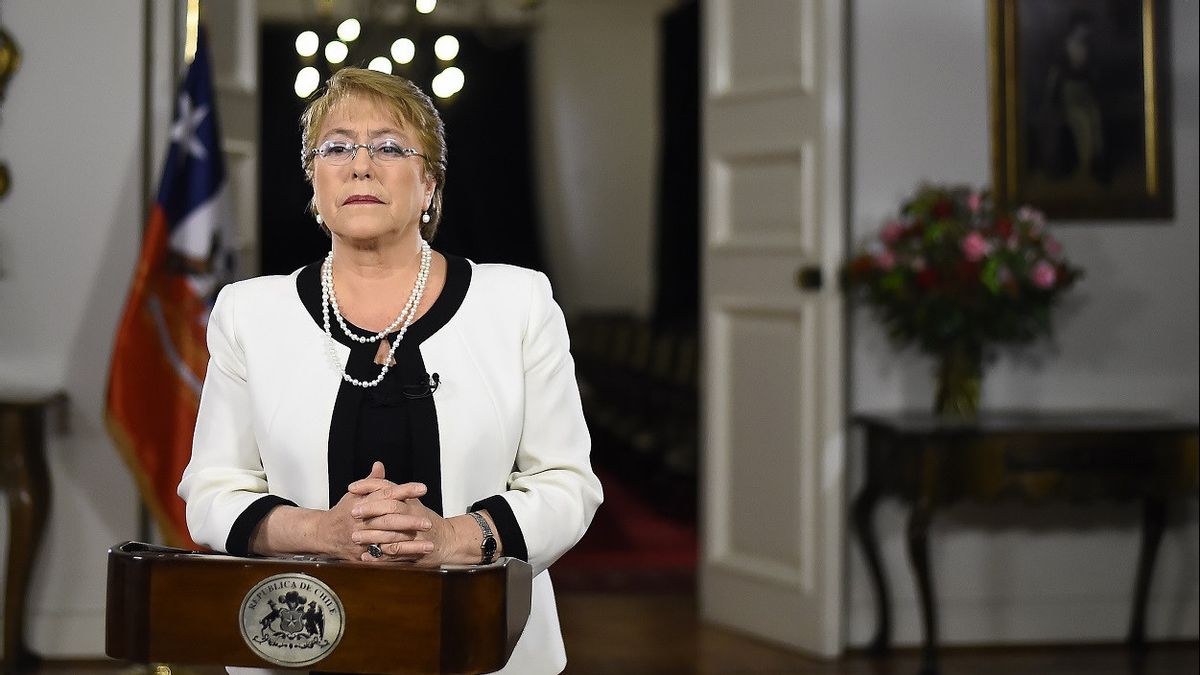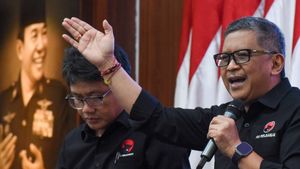JAKARTA - The United Nations High Commissioner for Human Rights Michelle Bachelet begins her visit to China this Monday, the head of the office's first trip since 2005 amid concerns China is leading to support rather than oversight of China's rights record.
During the six-day trip, Bachelet will visit Xinjiang, where the High Commissioner's office said last year it believed most ethnic Uighur Muslims had been unlawfully detained, persecuted and forced to work.
"The purpose of his visit is really to focus on dialogue with the Chinese authorities on various domestic, regional and global human rights issues," Bachelet's office said earlier this week.
Previously, China has repeatedly denied any ill-treatment of ethnic Uighur Muslims.
The May 23-28 trip had long been planned, after Bachelet said she wanted unrestricted access to Xinjiang in 2018. China said the visit should not be based on presumption of guilt.
In this regard, it was not immediately clear how much access the Chinese authorities would grant Bachelet.

Meanwhile, rights groups worry that Bachelet does not press China hard enough. His post-travel report may not provide the full picture and could be used by Beijing to justify its actions in Xinjiang.
Separately, the World Uyghur Congress in a letter urged Bachelet to ensure that her team can move freely, access all detention facilities and have unsupervised contact with Uighurs.
"We fear the trip may do more harm than good. China could use it for propaganda purposes," Congress spokesman Zumretay Arkin told Reuters.
International scrutiny of government actions in Xinjiang increased in 2018, after the United Nations said 1 million Uighurs were being held in "massive internment camps" set up for political indoctrination.
China initially denied the existence of the camps, later admitting it had set up a 'vocational training center' with dormitories, where people could 'voluntarily' check in to learn about law, Mandarin and vocational skills.
The atheist ruling Communist Party says such centers are needed to curb the "Three Powers" of terrorism, separatism and religious radicalism in Xinjiang, which borders Central Asia on China's northwestern border.
Meanwhile, the Governor of Xinjiang, Shohrat Zakir, said that in 2019, all of the trainees had "graduated".
The United States sanctioned Chinese officials accused of rights abuses in Xinjiang in 2020 and 2021, imposing a ban on goods produced in Xinjiang over fears of forced labour.
Beijing denies Western accusations of forced labour, genocide and human rights abuses and has repeatedly warned other countries not to interfere in its internal affairs.
The English, Chinese, Japanese, Arabic, and French versions are automatically generated by the AI. So there may still be inaccuracies in translating, please always see Indonesian as our main language. (system supported by DigitalSiber.id)













